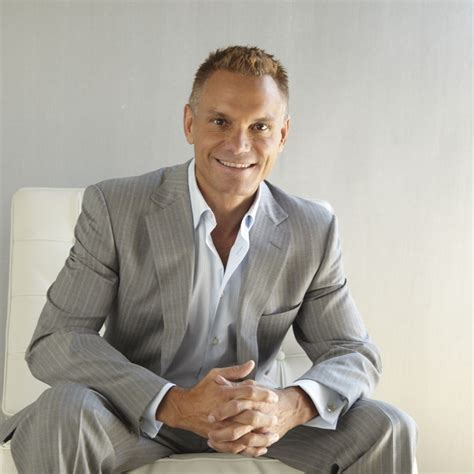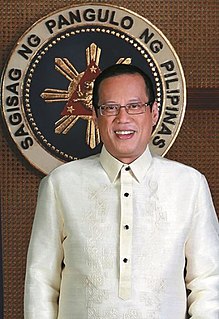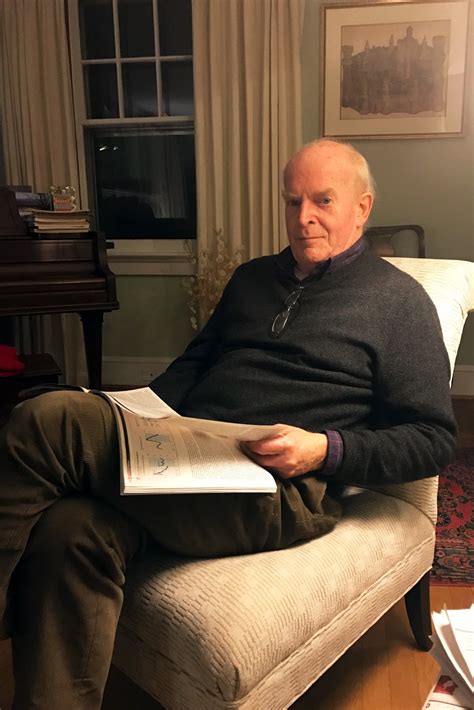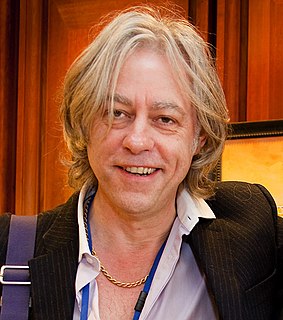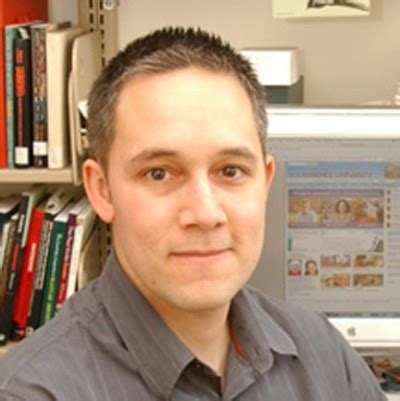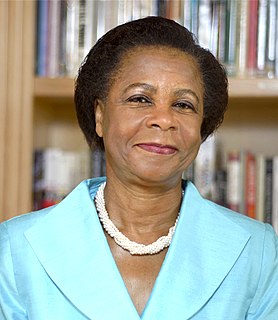A Quote by Kumi Naidoo
Many people theorize poverty, but so many elements of poverty, individually, for most people who theorize about poverty would be really difficult to even comprehend the individual things. Just take homelessness. If you are homeless, what does it mean not to have a post box where people can contact you; what does it mean not knowing where you're going to sleep at the end of the day; what does it mean not having a place where you can store what little you might possess. So dealing with homelessness in itself is a huge thing for most people who are commentators [on] or benefactors to poverty.
Quote Topics
About
Benefactors
Box
Commentators
Comprehend
Contact
Day
Dealing
Difficult
Does
Elements
End
End Of The Day
Even
Going
Going To Sleep
Having
Homeless
Homelessness
Huge
Individual
Individually
Itself
Just
Knowing
Little
Many
Mean
Might
Most
Not Knowing
People
Place
Possess
Post
Poverty
Really
Sleep
Store
Take
The End Of The Day
Thing
Things
Would
Would Be
Related Quotes
Poverty is a strange and elusive thing. ... I condemn poverty and I advocate it; poverty is simple and complex at once; it is a social phenomenon and a personal matter. Poverty is an elusive thing, and a paradoxical one. We need always to be thinking and writing about it, for if we are not among its victims its reality fades from us. We must talk about poverty because people insulated by their own comfort lose sight of it.
We draw many benefits from globalization that people take for granted. Poverty has been reduced massively around the world. If you look at the Chinese numbers, it is quite mind-boggling: 700 million people taken out of poverty in a matter of 40 years, the poverty rate having moved from over 30 per cent from hardly six per cent now. That would not have happened if there had not been globalization.
Pope Francis emphatically does not buy the argument that poverty can be alleviated by the 'trickle down' effects of wealth creation. He is deaf to arguments that the global economy has brought a billion people out of poverty. He is convinced, in short, that the best and only way to expel poverty is fairer distribution of the world's goods.
We're looking at the singular condition of poverty. All the other individual problems spring from that condition... doesn't matter if it's death, aid, trade, AIDS, famine, instability, governance, corruption or war. All of that is poverty. Our problem is that everybody tries to heal each of the individual aspects of poverty, not poverty itself.
Inevitably, people tell me that poor folks are lazy or unintelligent, that they are somehow deserving of their poverty. However, if you begin to look at the sociological literature on poverty, a more complex picture emerges. Poverty and unemployment are part and parcel of our economic order. Without them, capitalism would cease to function effectively, and in order to continue to function, the system itself must produce poverty and an army of underemployed or unemployed people.
There is little favorable to be said about poverty, but it was often an incubator of true friendship. Many people will appear to befriend you when you are wealthy, but precious few will do the same when you are poor. If wealth is a magnet, poverty is a kind of repellent. Yet, poverty often brings out the true generosity in others.



